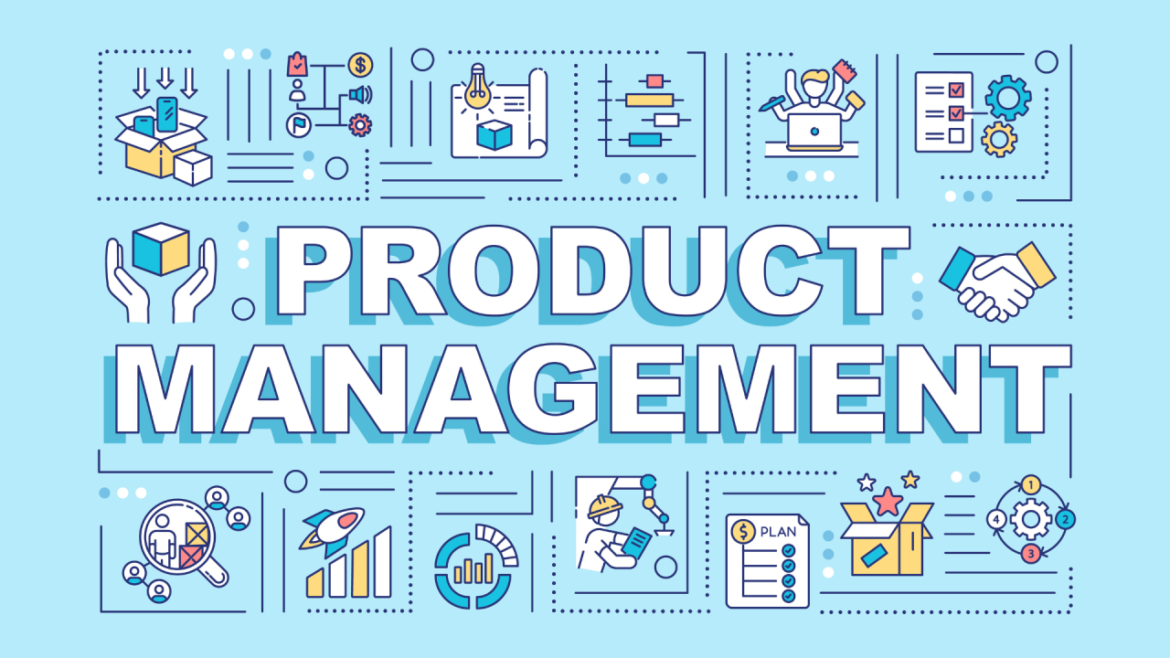Introduction:
In the ever-evolving landscape of product management, leveraging the right tools and software can make the difference between a chaotic development process and a streamlined, efficient one. As technology continues to advance, an array of product management tools and software solutions has emerged, each designed to address specific challenges faced by product managers. In this comprehensive review, we’ll explore some of the top tools in the market, highlighting their features and benefits.
Jira:
Jira, developed by Atlassian, is a widely used project management tool that has gained popularity in the product management realm. Known for its flexibility, Jira allows teams to customize workflows, track tasks, and manage projects seamlessly. It is particularly beneficial for Agile and Scrum methodologies, offering features like sprint planning, backlog prioritization, and real-time collaboration.
Asana:
Asana is a versatile project management tool that facilitates collaboration and communication within product teams. With its user-friendly interface, Asana enables teams to create tasks, set deadlines, and monitor project progress. It also offers visual project timelines and the ability to integrate with various other tools, making it a valuable asset for cross-functional teams.
Productboard:
Productboard is a dedicated product management platform designed to help teams prioritize features, gather user feedback, and plan roadmaps effectively. It provides a centralized space for collecting and organizing user insights, aligning the team on priorities, and visualizing the product strategy. Product managers can use it to build a customer-centric roadmap and ensure that development efforts align with user needs.
Trello:
Trello, known for its simplicity and visual appeal, is a popular tool for managing projects and tasks. Using boards, lists, and cards, Trello allows teams to organize work in a visually intuitive way. While it may be more straightforward compared to some other tools, its ease of use and flexibility make it an excellent choice for smaller teams or projects with less complex workflows.
Confluence:
Also from Atlassian, Confluence complements Jira by providing a collaborative platform for documentation and knowledge sharing. Product managers can create and maintain detailed product documentation, specifications, and requirements in a centralized and easily accessible space. The integration with Jira ensures seamless communication between project management and documentation efforts.
Airtable:
Airtable combines the simplicity of a spreadsheet with the complexity of a relational database. It is a versatile tool that allows product managers to organize and track information in a customizable way. With features like linked records and collaborative commenting, Airtable can be adapted for various product management needs, from maintaining a product backlog to tracking user stories.
Conclusion:
Choosing the right product management tools and software is a critical decision that can significantly impact a team’s efficiency and the success of a product. The tools mentioned above cater to different needs and preferences, ranging from robust project management to detailed documentation and user feedback management. Ultimately, the effectiveness of a tool depends on the specific requirements of the product team, the nature of the projects, and the preferred methodologies. By carefully evaluating the features and capabilities of these tools, product managers can make informed decisions that align with their team’s goals and contribute to successful product development.
